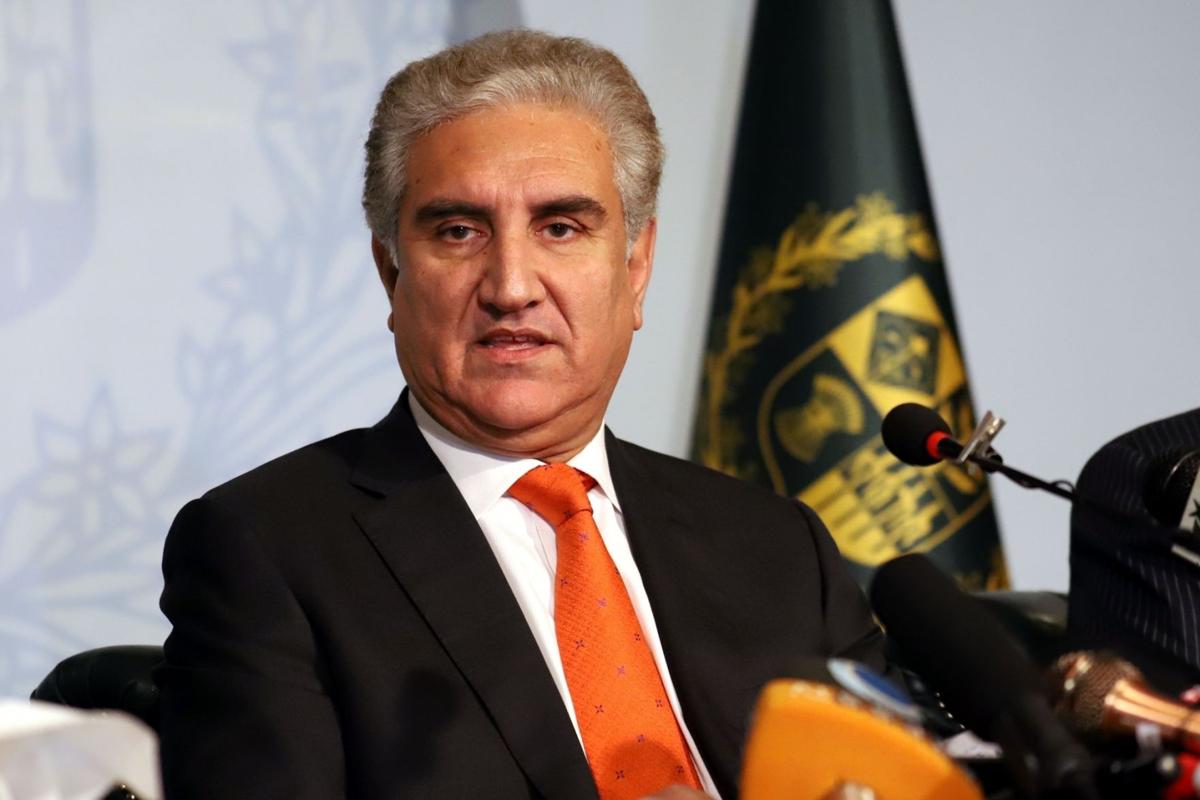NEW YORK: Pakistan told the 15-member Security Co
uncil that the global campaign against ter
rorism should not be reduced to a slogan slandering Islam or any other religion or race.
Participating
in the open debate of the Security Co
uncil on “Protection of Critical Infrastructure against Terrorist Attacks”, Pakistan’s Ambassador to the UN Maleeha Lodhi called for close examination of why, despite the global counter ter
rorism campaign, the terrorist threat continues to evolve into more virulent forms and poses a pervasive danger to international and national peace and security.
The envoy urged the Security Co
uncil to address the underlying causes that create terrorist recruits. She said that Pakistan remains convinced that to defeat and eliminate ter
rorism, it is essential to address the underlying causes which include unresolved internal and inter-state conflicts, illegal use of force, external aggression and intervention, foreign occupation, denial of self-determination, political and economic injustice and the marginalization and alienation of communities
and groups.
Only by addressing these underlying causes can the world community erode the appeal of the narratives of hate and hostility, which provide the oxygen for the existence
and growth of terrori
sm, she added.
Ambassador Lodhi told the Security Co
uncil that Pakistan was confronting externally supported ter
rorism whose aim is to target the major infrastructure the country is currently building in order to undermine its economic accomplishments and stability.
The Pakistani envoy emphasized that International and regional cooperation remains vital in countering the threat of ter
rorism.
It was
in this spirit that Pakistan joined the South Asian Association for Regional Cooperation’s Convention on Suppression of Terrori
sm, she said. But she also pointed out that unfortunately, SAARC as an organization had become a victim of the hostile agenda of some of Pakistan’s neighbors. “This has severely hampered the ability of our region to respond to its multiple challenges, including ter
rorism.”
She said that while Pakistan remains committed to strengthening regional cooperation it continues to suffer from acts of ter
rorism emanating from and supported from the region.
But she told the world body that Pakistan is “fully determined and fully capable of repelling such state sponsored ter
rorism”.
Detailing Pakistan’s efforts to fight ter
rorism she said that over the past four years, the country had adopted a multi-pronged strategy: a military-led Operation Zarb-e-Azb which successfully destroyed the terrorist infrastructure and a National Action Plan, undergird by a strong national consensus, to counter the narrative of terrorist and extremist organizations.
Pakistan’s counter ter
rorism campaign had succeeded in expelling terrorist organizations from its territory
and greatly constrained their ability to carry out lethal attacks – as evident from the dramatic decline
in the number of such attacks, despite Monday’s terrorist attack in Lahore.













